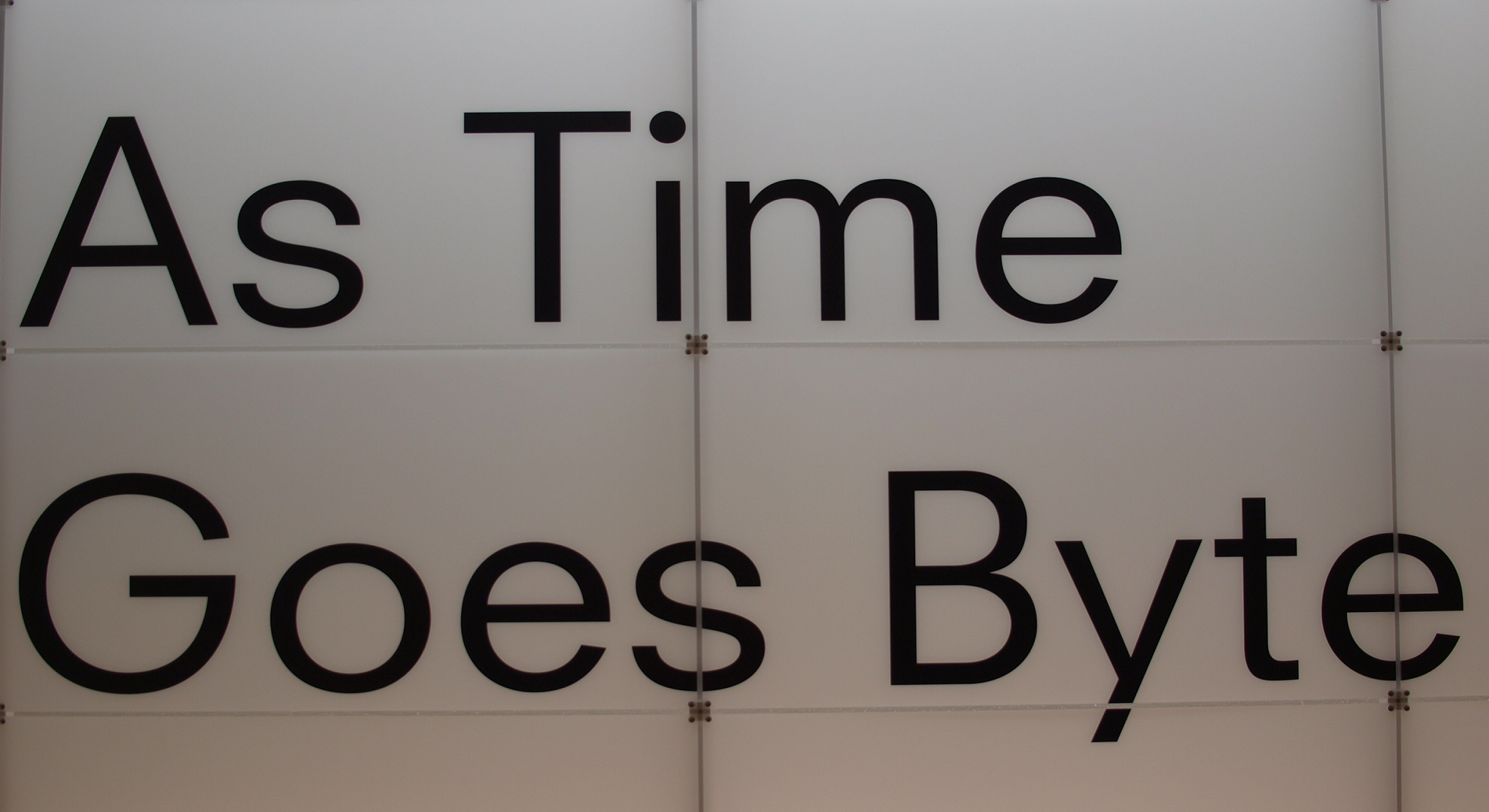This summer I bumped into two books which resonate with me a lot about the importance of building a shared digital culture to change the present situation where we see and live a number of digital inequalities.
The first is “Statosauri”, written by Massimo Russo, Chief Product Officer for Europe at Hearst. The second is “Power, for all”, by Julie Battilana and Tiziana Casciaro, who are professors respectively at the Harvard Business School and at the University of Toronto.
The premise of this reflection is that digital is a paradigm we are living in. Consequently, to live in well it needs us to build a culture “ad hoc”, updating or even revolutionizing the present one. As soon as possible, I would add.
Traits of a digital culture
Specifically, reading Russo’s book, which is mostly focused on how to build new democratic policies suitable for our age, I was struck by this sentence which describes the aim of these new policies:
“A renewed social pact, which returns to guarantee everyone the right to the pursuit of happiness, in exchange for critical conscience and individual responsibility, in a framework that designs an ideal project, with a common perspective, in which citizens can also recognize themselves collectively.”
Above all, I want to point out three aspects of this proposition that apply to our daily life and (probably) are worth improving:
- “the pursuit of happiness”: when everything changes so fast and so many people are left behind, we must care about how we feel. Are we comfortable with this digital era? How much do we understand it? Or do we feel lost for the most part of our time? And what about people that surround us?
- having a critical sense: although I love technologies, I believe that I need to be constantly critical about them. It implies studying how they work, testing, thinking about the way they can influence our actions;
- act responsibly: the previous point leads here. As much as we know the qualities and flaws of the technologies we are using, the more we can use them responsibly.
We need more “digital power”
Today there is an imbalance of digital knowledge in our societies. It allows tech companies, so-called experts or people with malicious intent to exploit this lack. It means they exercise more power than desirable, fostering digital inequalities. The less we know about the technologies we use every day, the more we are feeding these inequalities. And also we risk to be only passive actors of the digital age.
What can we do to change the course? Here comes the second book I mentioned, “Power, for all”, that actually is on my wish list at the moment. As the authors say in this interview, there are some misconceptions about what power is. One is that we tend to assume that power is a thing that someone possesses and that we can’t change this.
If we apply this vision – and we often do it, I guess – to what I would call “digital power”, the result is a common way of thinking that sounds like we don’t know enough about [put the name of a technology or a related phenomenon of your choice], so we can’t do anything to change what we recognize as negative about the technology itself or its consequences.
Roles for gaining more digital power
Battilana and Casciaro have an interesting view about how to oppose this kind of blocking attitude. Everybody has naturally a specific inclination and this can be used to challenge the status quo, even about “digital power”, of course.
They identify three types of roles that can help change power’s balance: agitators, innovators, and orchestrators. Here is how they describe them:
“Agitators speak out against the status quo and raise public awareness of the problem. Innovators come up with novel solutions to address the problem. Orchestrators help implement these new solutions at scale and ensure they are adopted. There is a role we can each play to advance the causes about which we care.”
I find this trio quite interesting as everyone can choose to play a role, according to his/her own nature, to change the balance of “digital power”.
Which is yours?

